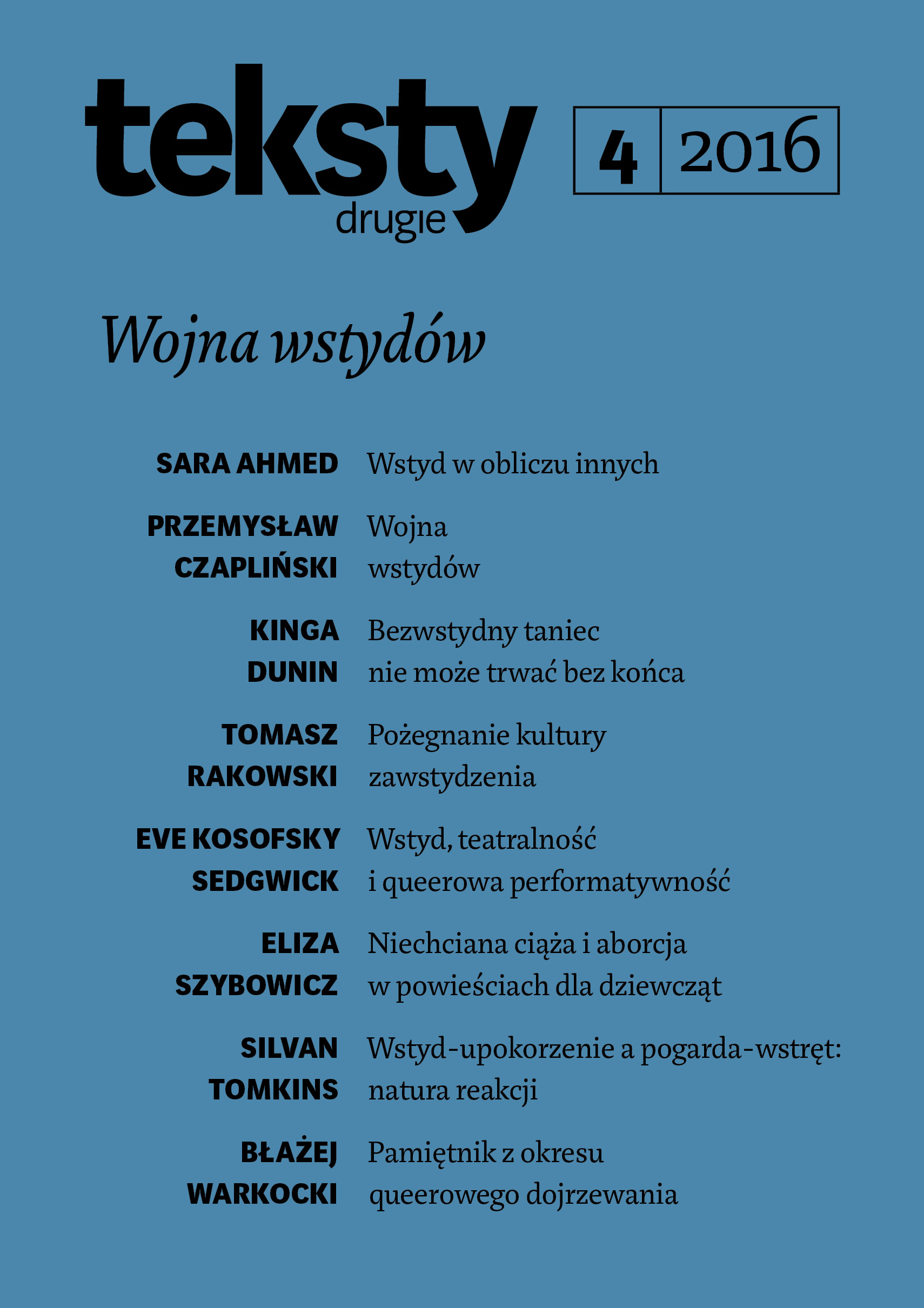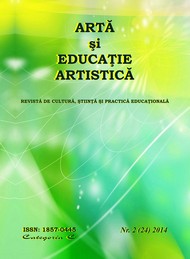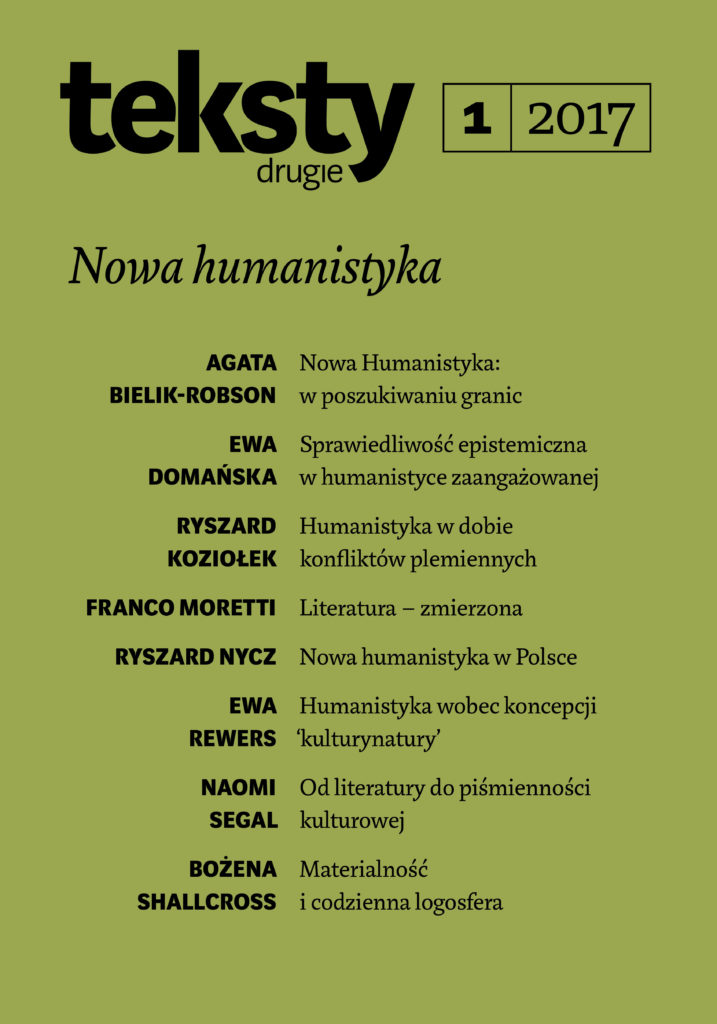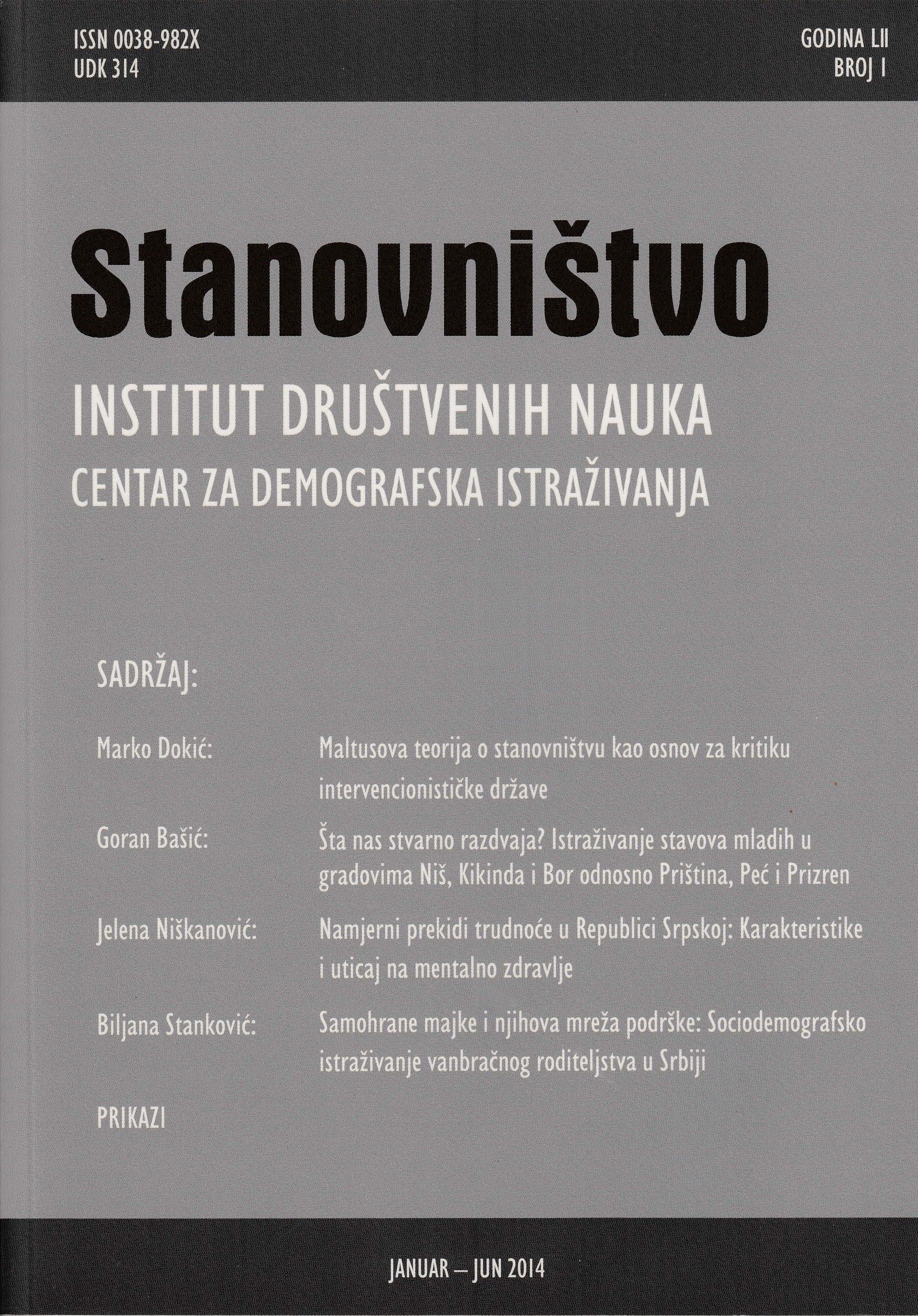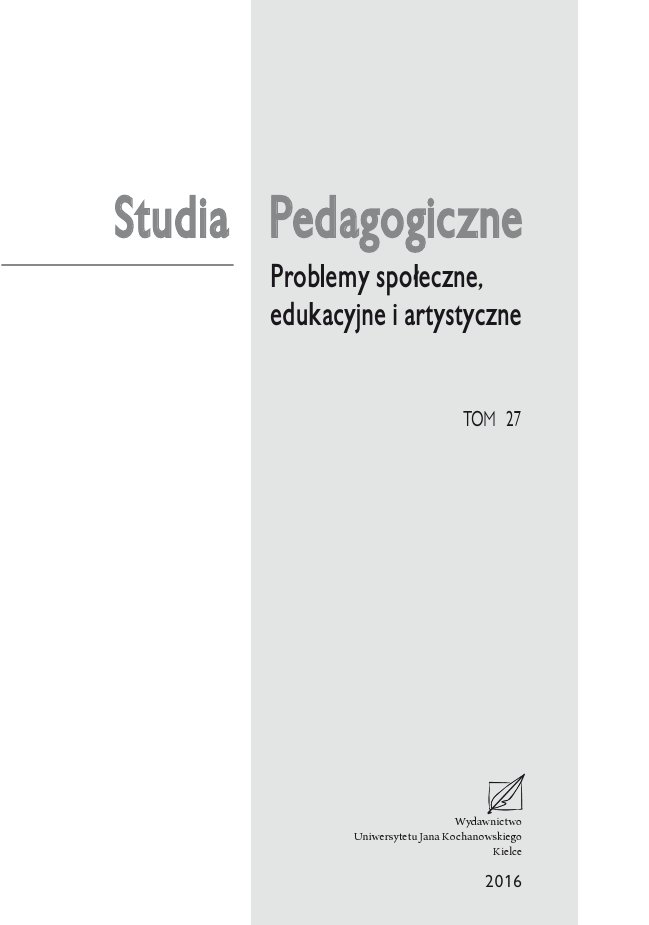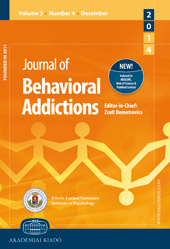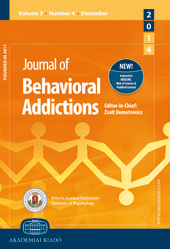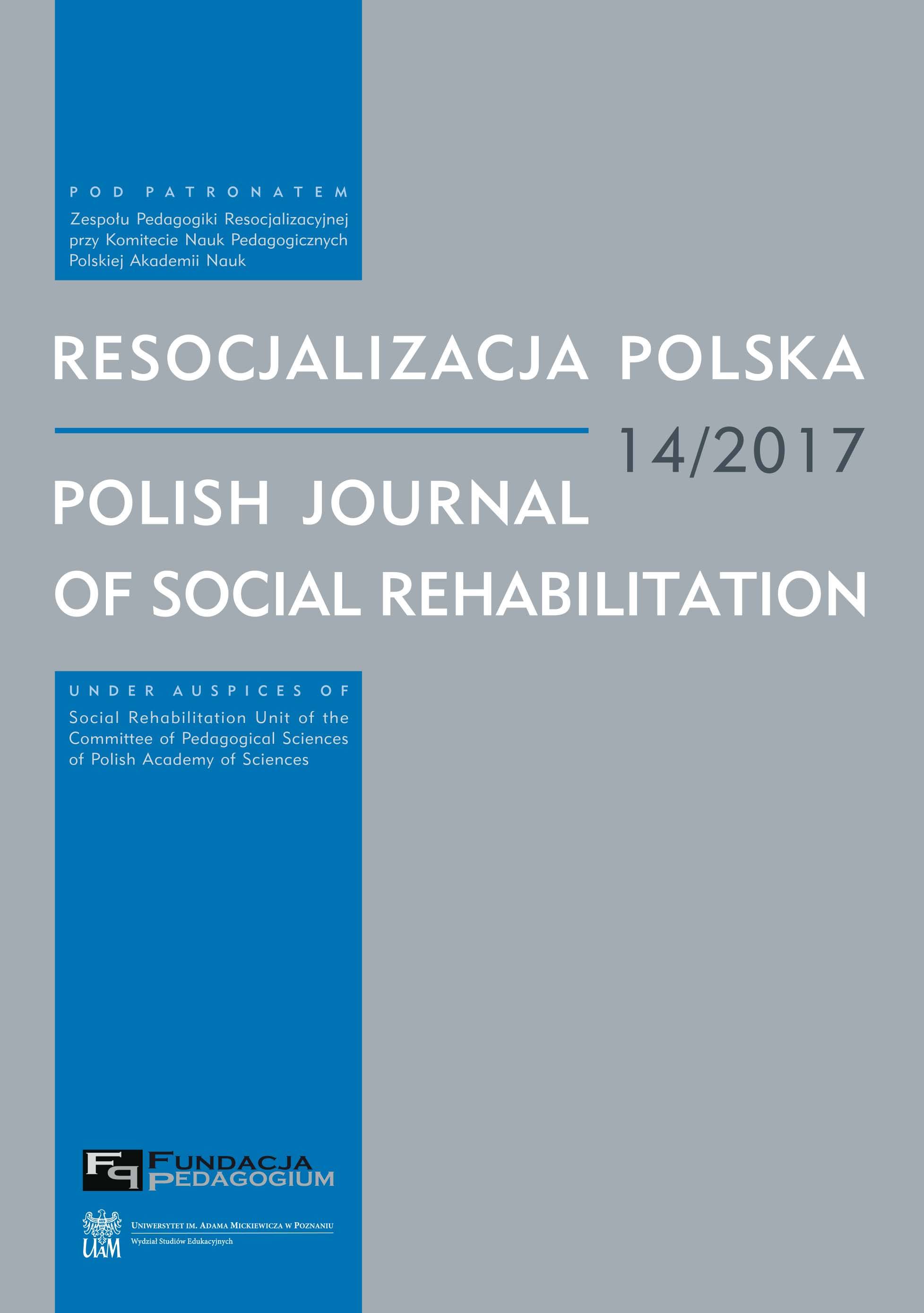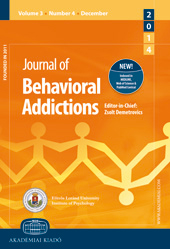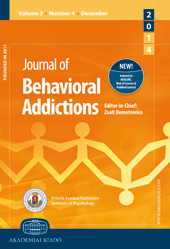Author(s): Nadiya Babenko / Language(s): Ukrainian
Issue: 1/2014
The article gives a detailed analysis of the impact of social and cultural space on personality’s socialization and formation. It is shown the processes taking place in the field of culture and education during the democratic changes in Ukraine, it is characterized the trends of a controversial nature of society development, influencing the processes of personality’s formation and socialization.In Ukrainian society of XXI century arise complex and contradictory conceptions about the cultural and spiritual development of a person. These conceptions arise from the versatile meaningfulness of the object of study rather than from the progress of the world in general and transformation processes in Ukrainian society in particular. In contemporary conditions of Ukraine development, problem of culture and spirituality forming increasingly reflects the historical processes of strengthening the democratic foundations of the state and the daily attention to each individuality.Important role in the formation and socialization plays the spirituality of a personality. Spirituality as a specific human quality that describes the motivation and meaning of a personality's behavior. The current situation in Ukraine canbe described as unsatisfactory for most people in terms of economic and socio-cultural conditions of existence. However, in our opinion, the systemic crisis is a spiritual crisis. This is the feeling of absurdity of life a lot of people lead. Life is complicated by the fact that it is difficult to find positive meaning because of the destruction of the old and the discrediting of new values. Spirituality is a valuable basis of the individuality’s upbringing.The life of the personality runs across the choice of a certain lifestyle and activity caused by specific socio-cultural conditions. Under relatively equal standard of needs in society, each personality is characterized by individual manner of their implementation, so that its behavior is different and depends on a lot of factors. Conscious and unconscious choice of walks of life runs across the process of personality’s socialization, but a healthy way of life is the pre-condition and guarantee of a socialized entry of a person to the realities of our world.Socialization of a individuality covers all areas of her life, makes an influence on a choice of lifestyle and this influence is bilateral, i.e the chosen way (style) of life affects subsequent formation of a socially active person. The result of the process of socialization depends on the ability of social communities, social institutions to create the appropriate conditions for the development, satisfaction and subsequent emotional relaxation of personality’s needs. Interaction of the human condition with social institutions that perform the functions of socialization, integration, communication, innovation etc. acquires a top priority meaning.The social institution of the family is a value- normative complex, through which is regulated the behavior of family members, are determined the characteristic social roles and statuses, are formed individual life strategies. The family is the basic institution of primary socialization of a personality. The social institutions of education and culture are equally important for socialization. Analysis of various sociological research shows that the overwhelming majority of young people is concerned about everyday problems and difficulties, they are fixed a low level of cultural needs, implemented usually in sporadic and inconsistent appeals to cultural values. Cultural needs and demands has been reduced to the most simple and un-demanding manifestations, satisfaction of which does not need institutional, intellectual or volitional effort (visit discos, club nights, watching TV, etc.), besides they prefer more passive forms of leisure.At the same time, a visit to classical music concerts, museums, exhibitions, requiring a certain level of competence, is not a common way of spending leisure time among the group of surveyed young people. Probably too expensive price of theater tickets make them unavailable to the most young people, so practically the only channel that provides access to artistic values, national and world culture, is television, media and video hardware. There is a pragmatization of personality’s consciousness, neglect of the appeal to the spiritual and cultural heritage and values of national and world culture; simultaneously the research conducted by the Youth Institute of cultural socialization of Ukrainian youth show that the overwhelming majority of individualities has a desire to develop the national culture.Thus, personality’s socialization, its formation, creation of the lifestyle are influenced by various factors and it provides in terms of society an important result. The logic of the healthy society forming is that it depends on the development of each individuality.Since independence of Ukraine, in the process of democratic transformations in all spheres of public life take place the profound changes in values of the younger generation concerning the values about meaning of life, goes on the formation of a new culture, including the culture of everyday life. The values and ideals of Western post-industrial society are spread in Ukraine along with the national values through the media, Internet, advertisement, television, etc. They gradually take root in the public mind, especially in the mentality of the young generation, creating a fragmentary, superficial social and cultural stereotypes, focused on individualism and pragmatism. At the same time, there is a de-valuation of the traditional values of our society. Experience of both West and our country clearly shows that without the expansion of the personality’s access to culture and education, its complete socialization becomes impossible.
More...


